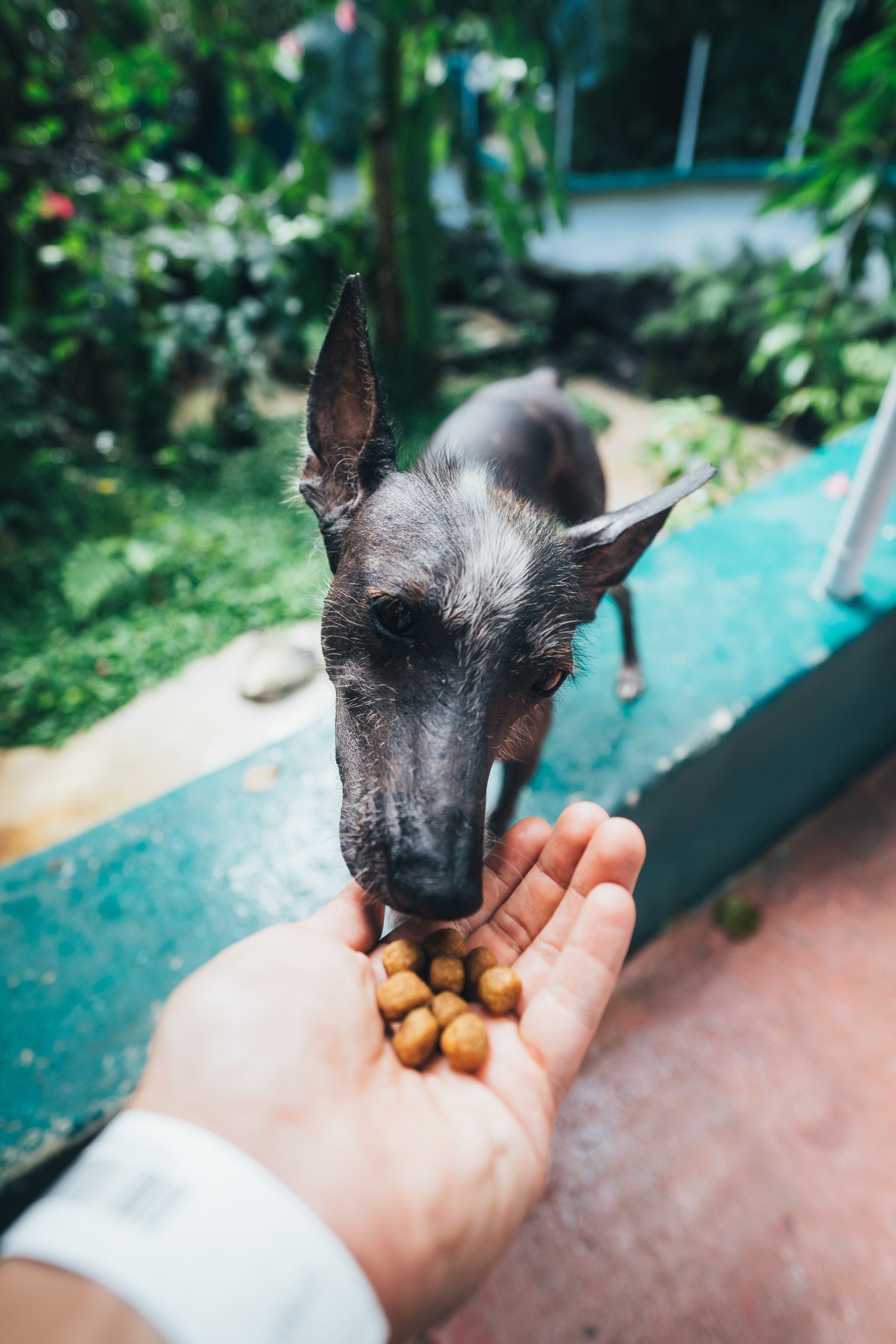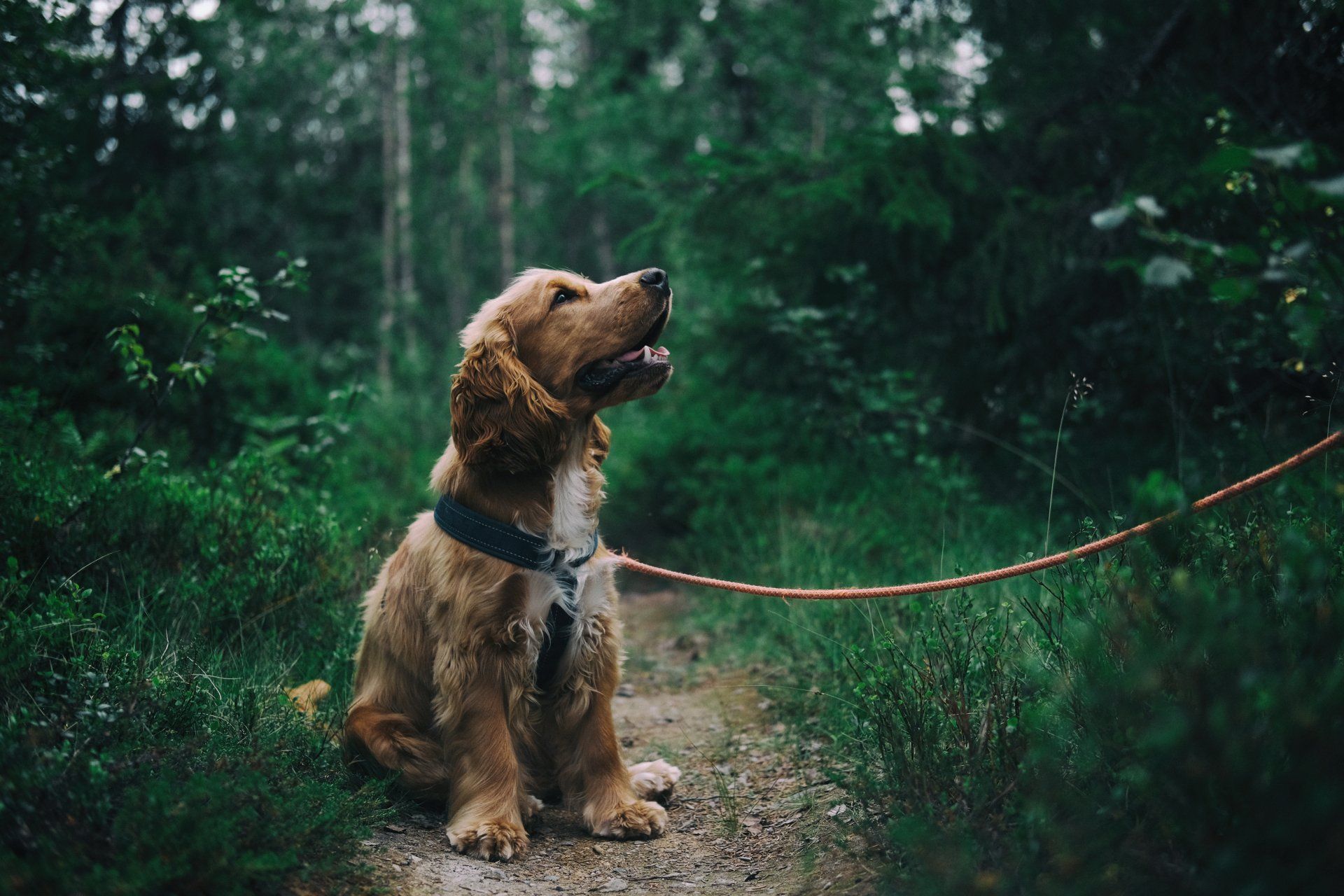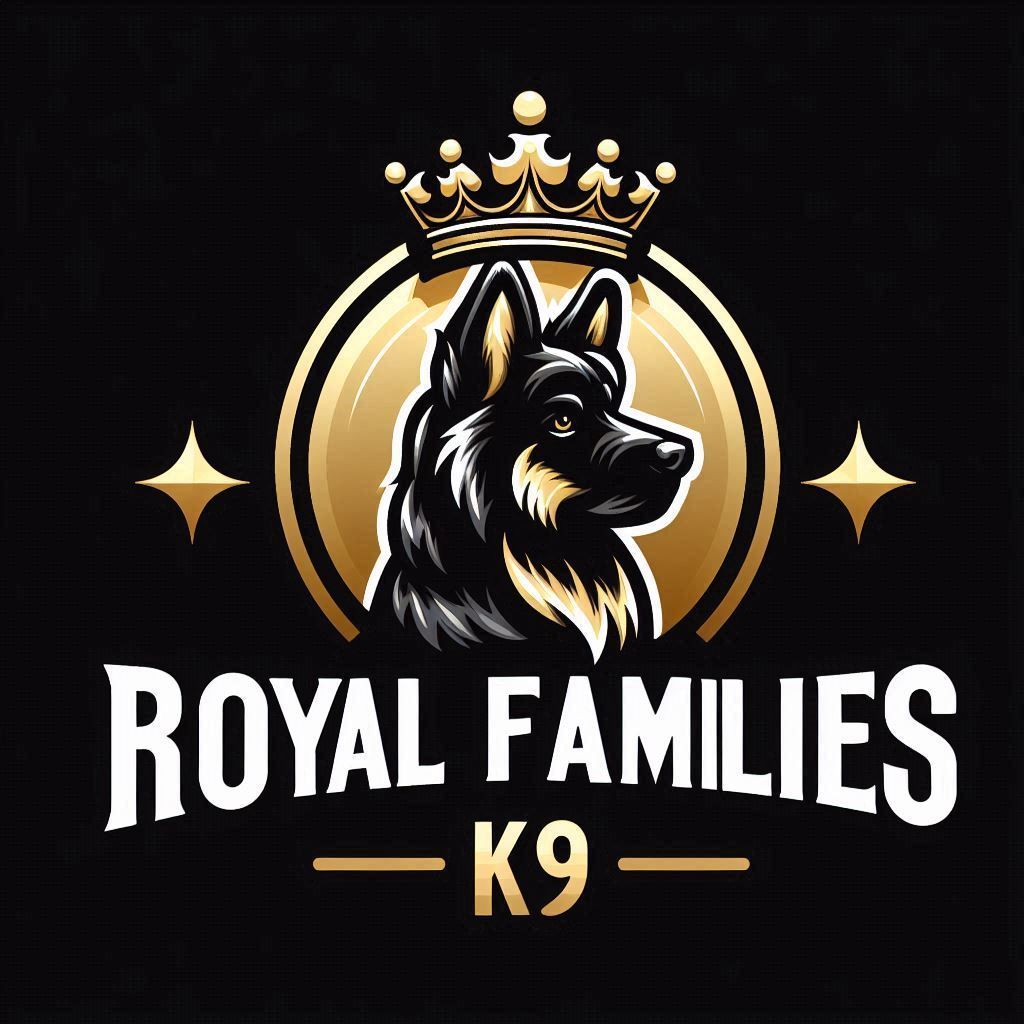Royal Library
Getting the Most Out of Your Dog's Food

Feeding time can be more than just a meal—it can be an opportunity for enrichment, mental stimulation, and training. Here’s how to make your dog’s feeding time more engaging and beneficial:
Feeding Strategies and Tips
1. Slow Feeders:
- What: Bowls with obstacles that slow down your dog’s eating.
- Benefits: Reduces the risk of choking, vomiting, and bloat. Gives your dog something to do while you eat your dinner.
2. Kong-Style Chew Toys:
- What: Fill with wet or uncooked food, and freeze for added challenge.
- Benefits: Keeps your dog occupied and reduces begging behavior.
3. Puzzle Toys:
- What: Toys that require your dog to manipulate parts to access food.
- Benefits: Provides mental stimulation and entertainment. You can even DIY your own puzzle toys.
4. Kibble Hide-and-Seek:
- What: Hide kibble in grass, a snuffle mat, or around the house.
- Benefits: Encourages your dog to use their nose and search for food, adding fun and exercise.
5. Hand Feeding:
- How: Feed your dog by hand, piece by piece. Use a spoon for wet food.
- Benefits: Strengthens your bond with your dog and promotes focus. Encourage desired behaviors with each piece of food.
6. Using Meals for Training:
- On Walks: Carry a treat pouch with kibble and reward loose-leash walking.
- At Home: Teach new behaviors or reinforce existing ones during meal times.
7. Big Reward with Food Dish:
- How: Use the food dish as a "jackpot" reward for calm or desired behavior.
- Benefits: Encourages emotional self-control. Only feed your dog when they are calm to reinforce good behavior.
By making meals more than just a feeding routine, you can enhance your dog’s day with enrichment, training, and bonding activities. 🐾



